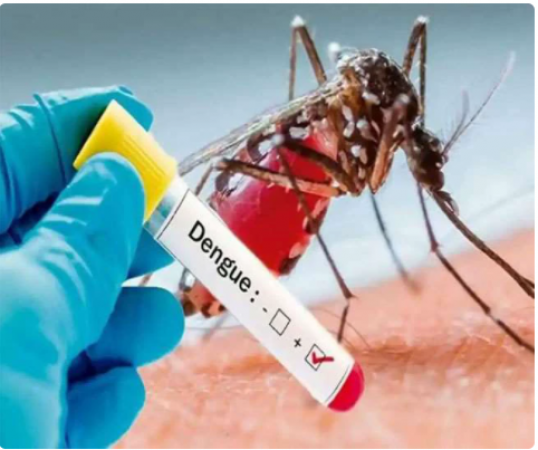
SINGAPORE: Singapore has declared a dengue "emergency" as it deals with an unusually early outbreak of the seasonal disease this year. The Southeast Asian city-state has already reported almost 11,000 cases, significantly above the 5,258 it reported for the entire year of 2021, and this was before June 1, when the peak dengue season begins.
Experts warn that the figure is alarming not only for Singapore, whose tropical climate makes the Aedes mosquitos that transmit the virus a natural breeding ground, but also for the rest of the world. That's because changes in the global climate will make such outbreaks more prevalent and widespread in the future years.
On the margins of a neighbourhood inspection for dengue mosquitoes, Singapore's minister for home affairs, Desmond Tan, observed, "Cases are definitely rising quicker." "Right now, we're dealing with an urgent emergency situation." Experts say recent extreme weather has exacerbated the epidemic in Singapore, and the country's situation could be a foreshadowing of what's to come worldwide as more countries endure prolonged hot weather spells and thundery storms that aid in the spread of mosquitoes and the virus they carry.
The World Health Organization (WHO) said in a worldwide dengue report released in January 2022 that "the disease is now endemic in more than 100 countries," noting that cases have climbed "30 fold in the last 50 years." The recent warm, rainy weather, as well as a new dominant virus strain, are contributing to Singapore's dengue outbreak, according to Ruklanthi de Alwis, a senior research fellow at the Duke-NUS Medical School and a specialist in emerging infectious diseases, the report said.
These unique beers are made from human urine, people drink fondly...
WHO to provide monkeypox test kits to Afghanistan
Worldwide uproar over Monkeypox, UP govt also issues advisory